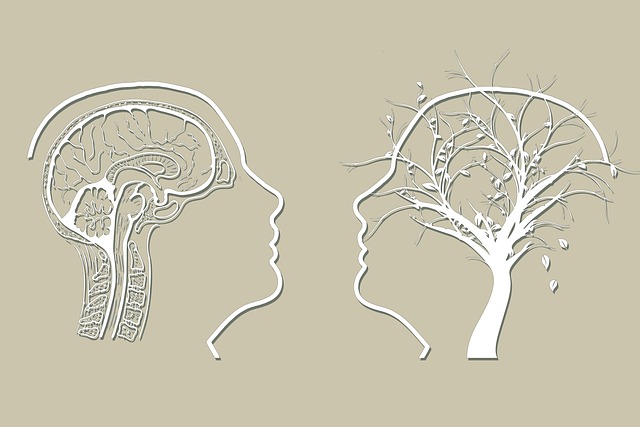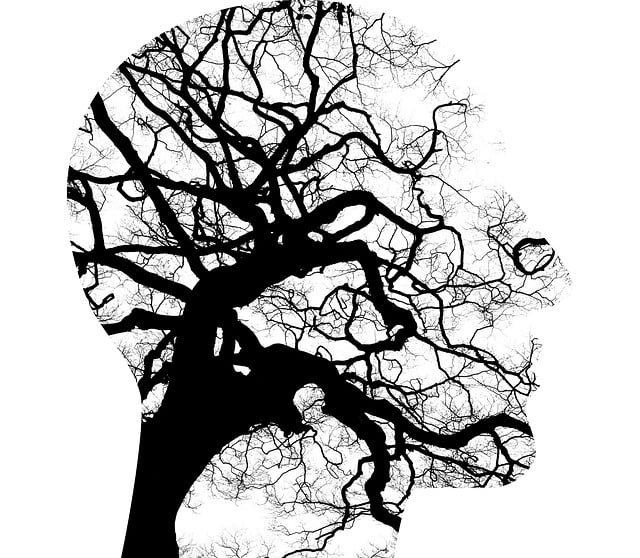In Longmont, where access to therapy is abundant, cultural competency among healthcare providers is crucial for effective Longmont Drug Abuse-Substance Abuse Therapy. Training in cultural sensitivity and public awareness campaigns promote understanding, break stereotypes, and provide tailored support. Therapists use coping strategies, mindfulness techniques, risk management planning, and trauma support services to empower clients to lead substance-free lives. A holistic toolkit incorporating tools like mindfulness exercises, stress management, support groups, and healthy coping mechanisms ensures effective trigger management and lasting recovery progress.
In the journey towards overcoming drug abuse, developing robust coping skills is paramount. This article explores essential strategies tailored to Longmont Drug Abuse Therapy, offering a comprehensive guide for individuals seeking recovery. We delve into understanding the significance of coping skills in drug abuse recovery and provide practical insights on identifying effective techniques. Additionally, we present a toolkit to manage triggers associated with substance abuse, empowering individuals to thrive in their healing process.
- Understanding Coping Skills and Their Significance in Drug Abuse Recovery
- Identifying Effective Coping Strategies for Longmont Drug Abuse Therapy
- Building a Comprehensive Toolkit for Managing Substance Abuse Triggers
Understanding Coping Skills and Their Significance in Drug Abuse Recovery

Coping skills are essential tools for individuals navigating drug abuse recovery, especially in communities like Longmont where substance abuse therapy is readily available. These skills empower people to manage and overcome challenges without resorting to harmful behaviors or substances. In the context of Longmont Drug Abuse-Substance Abuse Therapy, understanding cultural competency is vital. Healthcare providers play a significant role in facilitating recovery by offering services that consider the unique cultural backgrounds and needs of their patients.
Cultural sensitivity in mental healthcare practice, including Cultural Competency Training for healthcare providers, enhances patient outcomes. This training ensures that individuals from diverse communities receive tailored support. Public Awareness Campaigns Development can also contribute to this process by educating the public on the importance of coping skills, breaking down stereotypes, and promoting understanding of various cultural perspectives related to mental health and recovery.
Identifying Effective Coping Strategies for Longmont Drug Abuse Therapy

In Longmont drug abuse therapy, identifying effective coping strategies is a cornerstone of successful recovery. Compassion cultivation practices have emerged as potent tools for managing substance abuse and promoting mental well-being. These mindfulness-based techniques foster empathy, self-acceptance, and emotional regulation, enabling individuals to navigate challenges without resorting to drugs or alcohol. By integrating compassion cultivation into therapy sessions, mental health professionals in Longmont can help clients develop a robust coping arsenal that supports long-term recovery.
Risk management planning for mental health professionals is another crucial aspect of this process. Effective coping strategies must be tailored to individual needs and preferences while considering potential triggers and relapse risks. Mental health education programs design plays a pivotal role here, equipping therapists with the knowledge and skills to teach clients practical tools such as stress reduction techniques, cognitive reframing, and healthy coping alternatives. Through comprehensive mental health education, Longmont-based therapists can empower their clients to lead fulfilling lives free from substance abuse.
Building a Comprehensive Toolkit for Managing Substance Abuse Triggers

In the journey towards recovery from substance abuse, individuals often face triggers that can set them back. Building a comprehensive toolkit for managing these triggers is essential, especially in the context of Longmont Drug Abuse and Substance Abuse Therapy. This involves equipping oneself with various coping skills to navigate through challenging situations. Through Cultural Sensitivity in Mental Healthcare Practice, therapists can help clients identify personal triggers and develop tailored strategies.
Trauma Support Services play a crucial role in fostering inner strength development, as many individuals struggling with substance abuse have experienced trauma. By addressing these underlying issues, therapists enable clients to build resilience against triggers and make lasting progress in their recovery. The toolkit should include mindfulness exercises, stress management techniques, support groups, and healthy coping mechanisms to ensure a holistic approach to managing triggers effectively.
Coping skills development is a pivotal aspect of Longmont drug abuse therapy and recovery. By understanding the significance of these skills, individuals can effectively manage triggers and navigate challenges associated with substance abuse. Identifying and implementing appropriate coping strategies from a comprehensive toolkit empowers those in recovery to lead healthier, more balanced lives. Through this process, they can break free from the cycle of addiction and create a brighter future.














